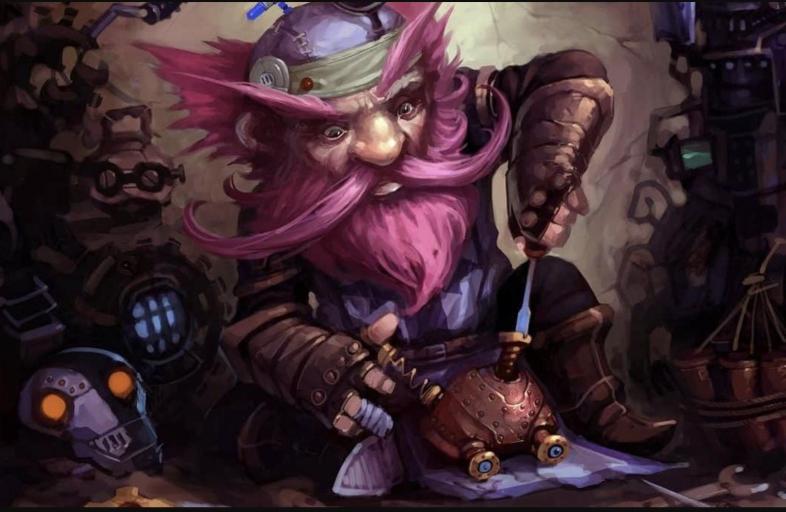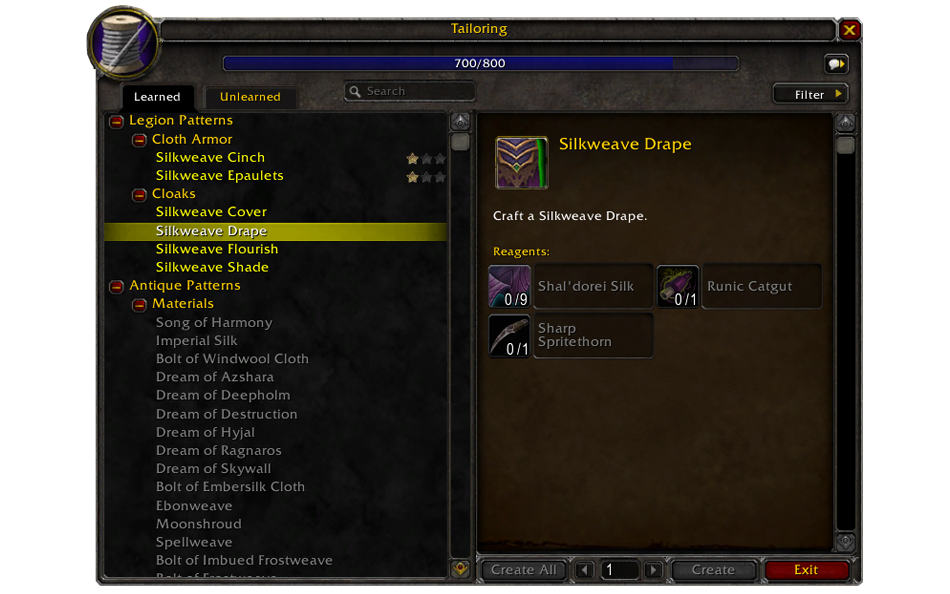

His last military campaign took place during the Franco-Prussian War as commander of the Army of the Vosges. The expedition was a success and concluded with the annexation of Sicily, Southern Italy, Marche and Umbria to the Kingdom of Sardinia before the creation of a unified Kingdom of Italy on 17 March 1861. The following year, he led the Expedition of the Thousand on behalf of and with the consent of Victor Emmanuel II. When the war of independence broke out in April 1859, he led his Hunters of the Alps in the capture of major cities in Lombardy, including Varese and Como, and reached the frontier of South Tyrol the war ended with the acquisition of Lombardy. The provisional government of Milan made him a general and the Minister of War promoted him to General of the Roman Republic in 1849. In 1848, Garibaldi returned to Italy and commanded and fought in military campaigns that eventually led to Italian unification. Garibaldi also became involved in the Uruguayan Civil War, raising an Italian force known as Redshirts and is still celebrated as an important contributor to Uruguay's reconstitution. In 1835 he joined the rebels known as the Ragamuffins ( farrapos), in the Ragamuffin War in Brazil, and took up their cause of establishing the Riograndense Republic and later the Catarinense Republic. After participating in an uprising in Piedmont, he was sentenced to death, but escaped and sailed to South America, where he spent 14 years in exile, during which he took part in several wars and learnt the art of guerrilla warfare.

However, breaking with Mazzini, he pragmatically allied himself with the monarchist Cavour and Kingdom of Piedmont-Sardinia in the struggle for independence, subordinating his republican ideals to his nationalist ones until Italy was unified. He became a supporter of Italian unification under a democratic republican government. Garibaldi was a follower of the Italian nationalist Mazzini and embraced the republican nationalism of the Young Italy movement. Garibaldi is also known as the " Hero of the Two Worlds" because of his military enterprises in South America and Europe. He is considered one of the greatest generals of modern times and one of Italy's " fathers of the fatherland", along with Camillo Benso, Count of Cavour, Victor Emmanuel II of Italy and Giuseppe Mazzini. He contributed to the Italian unification and the creation of the Kingdom of Italy.

Giuseppe Maria Garibaldi ( / ˌ ɡ ær ɪ ˈ b ɔː l d i/ GARR-ib- AWL-dee, Italian: ( listen) 4 July 1807 – 2 June 1882) was an Italian general, patriot, revolutionary, and republican.


 0 kommentar(er)
0 kommentar(er)
